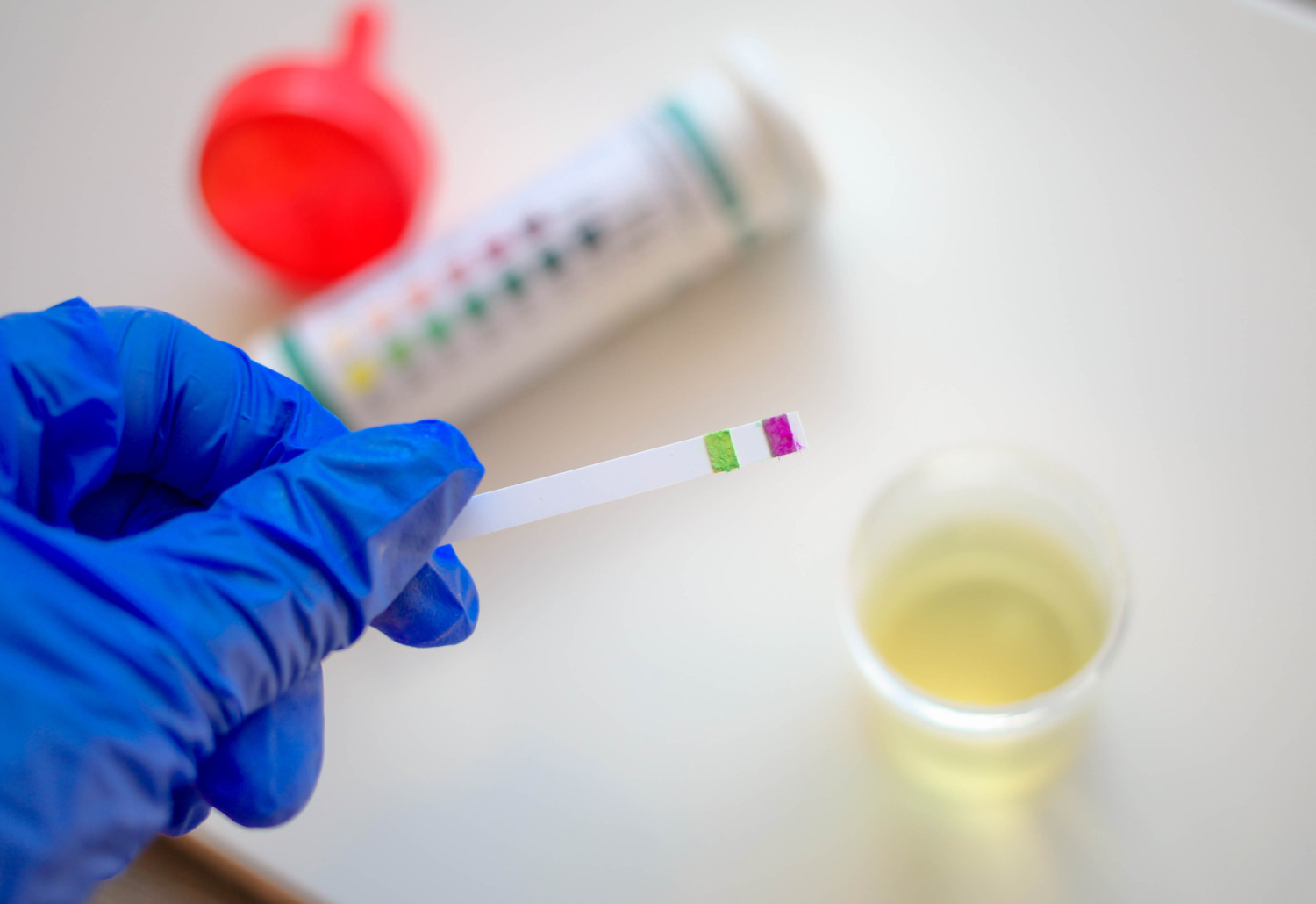Are you curious about the 5-panel drug test and what the SAP program entails? In safety-sensitive industries such as the FMCSA, FRA, FTA, FAA, USCG, and PHMSA, ensuring a drug-free workplace isn’t just a recommendation; it’s a legal requirement. The Department of Transportation (DOT) has implemented stringent regulations to uphold safety standards, including mandatory drug testing for employees in safety-sensitive positions. At the heart of this mandate lies the 5-panel drug test, a cornerstone of drug screening protocols aimed at maintaining safety and integrity in the workplace.
Understanding the DOT Mandate
The DOT mandate encompasses various regulations designed to enhance safety within industries that directly impact public welfare. Central to this mandate is the requirement for safety-sensitive employees to undergo regular drug testing to mitigate the risks associated with impairment on the job. The 5-panel drug test, specified by the DOT, is a comprehensive screening method designed to detect the most commonly abused substances that could impair an employee’s ability to perform their duties safely and effectively. If any safety-sensitive employee fails this drug test they are immediately removed from their safety-sensitive position and must begin the return to duty process and SAP program.
The Components of the 5-Panel Drug Test
The 5-panel drug test targets five specific categories of drugs:
- Amphetamines: This category includes drugs like methamphetamine and amphetamine, which are stimulants that can enhance alertness and performance in the short term but pose significant risks when abused, including increased heart rate, agitation, and impaired judgment.
- Cocaine: Cocaine is a powerful stimulant that can induce euphoria and heightened alertness. However, its use can lead to impaired motor function, erratic behavior, and cardiovascular complications, making it particularly hazardous in safety-sensitive environments.
- Marijuana (THC): As cannabis legalization becomes more widespread, concerns about its impact on workplace safety have intensified. THC, the psychoactive component of marijuana, can impair cognitive function, coordination, and decision-making, posing significant risks for safety-sensitive employees, especially those operating vehicles or heavy machinery.
- Opiates: Opiates encompass a range of drugs, including heroin, morphine, and codeine, which are derived from the opium poppy plant. While these substances are often prescribed for pain management, their misuse can result in sedation, drowsiness, and impaired cognitive function, compromising workplace safety.
- Phencyclidine (PCP): PCP is a dissociative drug that can induce hallucinations, agitation, and a distorted sense of reality. Its unpredictable effects make it particularly dangerous in safety-sensitive environments where sound judgment and situational awareness are essential.
Upholding Safety and Compliance with the Mandatory SAP Program
By adhering to the DOT mandate and conducting regular 5-panel drug tests, employers in safety-sensitive industries demonstrate their commitment to maintaining a drug-free workplace and prioritizing the safety of their employees and the public. These tests coupled with the SAP program not only serve as a deterrent to drug use but also provide a crucial mechanism for identifying and addressing substance abuse issues before they compromise safety and productivity.
By targeting the most commonly abused substances and ensuring compliance with regulatory requirements, employers can mitigate the risks associated with impairment on the job and foster a culture of safety, responsibility, and accountability. As technology and regulations continue to evolve, staying informed and proactive in implementing drug testing protocols remains essential in safeguarding workplace environments and promoting the well-being of all stakeholders involved. If you have failed a 5-panel drug test and are looking to start the return to duty process by enrolling in a SAP program, get in touch with SAP Referral Services today.
